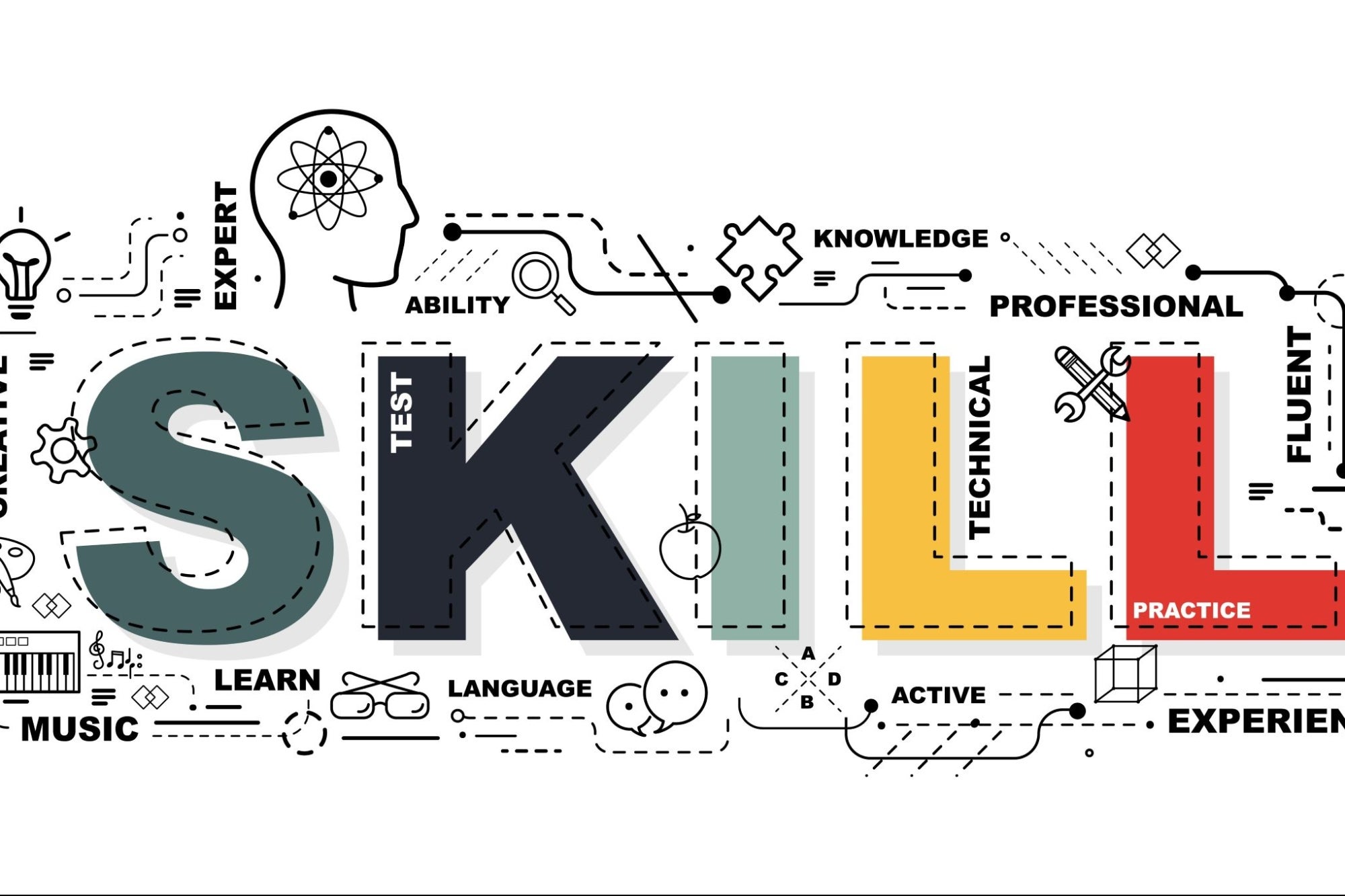Skills Over Schools The future of the job market will be defined by skills, not by where you went to university.
By Ariel Renous
Opinions expressed by Entrepreneur contributors are their own.
You're reading Entrepreneur United Kingdom, an international franchise of Entrepreneur Media.

While UK universities are busy counting record tuition fees, the corporate world is quietly dismantling one of modern business's most expensive untruths: that a degree equals competence. UK job vacancies have plummeted to four-year lows, yet graduates are flooding the market with degrees that businesses view as irrelevant. Meanwhile, British universities, once global powerhouses, are haemorrhaging their rankings while charging students more than ever for the privilege of learning yesterday's skills for tomorrow's corporate needs. And this is an illustration of a global pattern: Harvard Business School's post-MBA employment rate has plummeted from 90% in 2023 to 77% in 2025, proving even elite institutions aren't immune.
Graduates are starting to question the social contract they were sold: work hard, get good grades, earn a degree, and prosperity will follow. But the contract forgot to mention in the fine print that keeping skills relevant to what employers actually want would become their responsibility, not their educator's. What was once a golden ticket to economic freedom has become an increasingly expensive credential that offers little guarantee of success in the modern workplace. MBA programs are producing theoretical experts, while businesses desperately seek individuals who can actually solve real-world problems. Companies are increasingly hiring based on demonstrable skills rather than academic pedigree, leaving degree-holders wondering why their expensive education didn't prepare them for what employers actually want. Even those who've reached the top are questioning this logic; Bill Winters, CEO of Standard Chartered, recently called his Wharton MBA "a waste of time".
The evidence is mounting everywhere. 90% of HR leaders are looking to hire outside of traditional degrees as they prioritise skills. The smart entrepreneurs I know aren't waiting around to see how this plays out. At Augment, we've seen this firsthand. Our Head of Product never attended higher education, but began building websites for major brands like Evian and Jaguar at the age of 15. By the time most people graduate, they'd already convinced startup founders to hire them on day zero and worked as Chief of Staff for a CEO who raised $6.5m. When we needed someone to help with our launch, we didn't look for someone with an MBA; we chose someone who'd been solving real problems for years.
The stories of entrepreneurs who chose alternative paths aren't new. Richard Branson and Howard Schultz have been household names for years. What's changed is how we see their path to success. These were once framed as extraordinary exceptions who succeeded against the odds by forgoing traditional higher education. Now they're looking like pioneers who simply got there first.
This shift is accelerating as entrepreneurial people recognise a simple truth: skills can be acquired without shouldering degree debt or paying the premium for academic validation. The corporate world is already demonstrating this shift with its hiring policies. Google, IBM, and Apple have all quietly dropped degree requirements, not out of good faith, but because they're reading the room and looking to the future.
With LinkedIn projecting that 70% of job skills will fundamentally change by 2030, the writing is on the wall. Technological skills are projected to grow in importance more rapidly than any other skills in the next five years, with AI and big data at the top of the list, followed by networks, cybersecurity, and technological literacy. Creative thinking, resilience, flexibility, and agility are also gaining importance, alongside curiosity and a commitment to lifelong learning. Smart employers are betting on these adaptable, forward-thinking capabilities over academic credentials that may be irrelevant before the degree loan is paid off.
For employers, this isn't about choice; it's about survival. While others fight over the same pool of credentialed talent, forward-thinking companies will be assembling teams that think differently, cost less, and execute faster. Beyond the AI job headlines lies a bigger picture. Marc Andreessen famously declared that software was 'eating the world' back in 2011. Just over a decade later, AI has devoured software itself, and now it's eyeing degrees for dessert. The four-year degree you start today could be teaching you to operate systems that won't exist when you graduate, while the person learning skills in real-time is already winning.
"But it's about the people you meet at business school," goes an old adage. This advice worked when geography and gatekeepers controlled access, and while university networks connect you to people who happened to attend the same institution, Twitter (X) connects you directly to industry leaders, LinkedIn opens doors to opportunities around the world, and Discord unites practitioners solving real problems in real time. The entrepreneurs in my network are not learning from professors and coursemates who've never been in business. Instead, they're getting strategy tips from those who've scaled startups to millions in revenue, learning from investors who write the checks, and connecting with engineers who've debugged code at 3am before product launches.
These connections are built around skills and real-world experience. While students bond over shared struggles with deadlines, skills-first learners are building relationships with people who are actually shaping their industries. Paying $50,000+ to learn yesterday's skills for the sake of meeting people who are also learning yesterday's skills is collective obsolescence with a hefty price tag. We're witnessing the end of an era where credentials mattered more than competence. The smart money isn't debating when or whether this shift will happen; it's positioning to profit from it. While others cling to yesterday's talent strategies, the future belongs to those who acknowledge that in a world moving this fast, learning never graduates.










